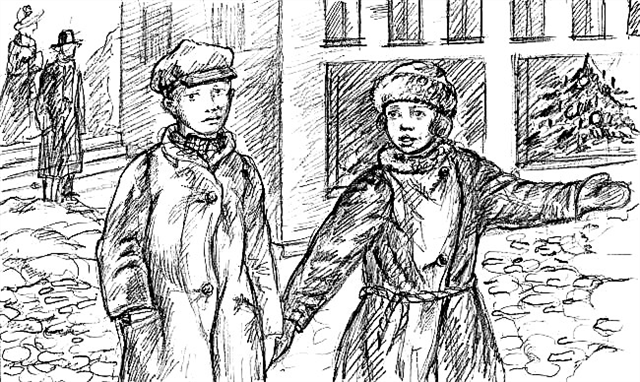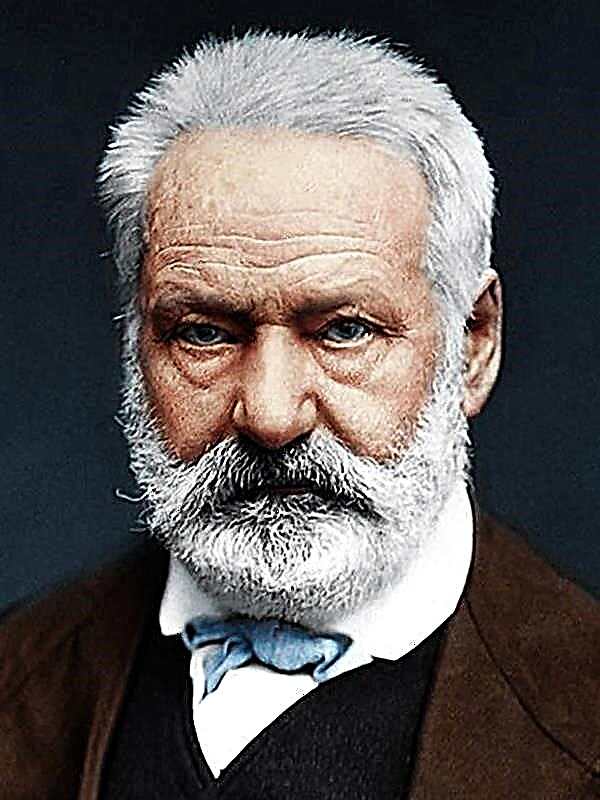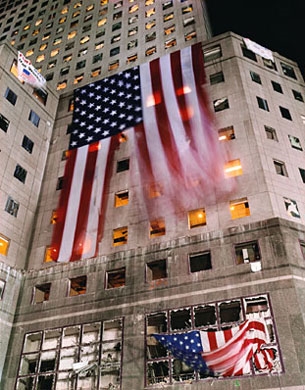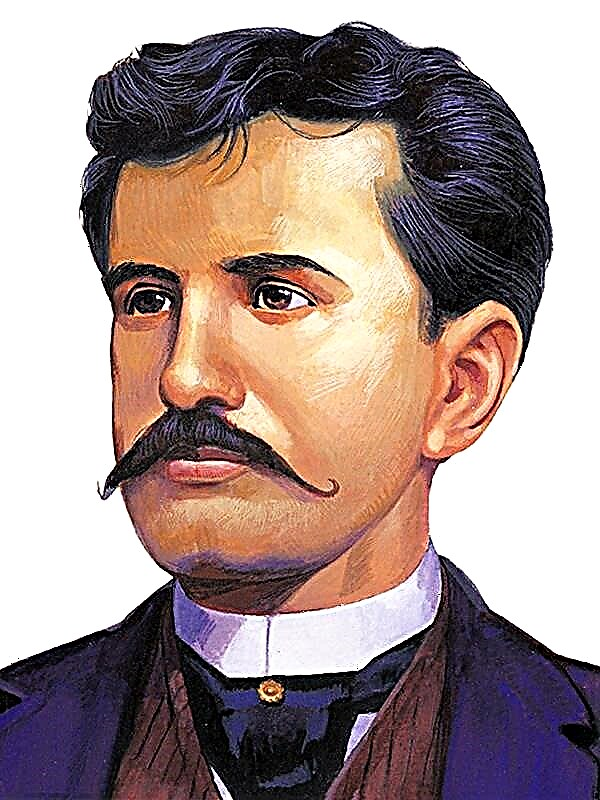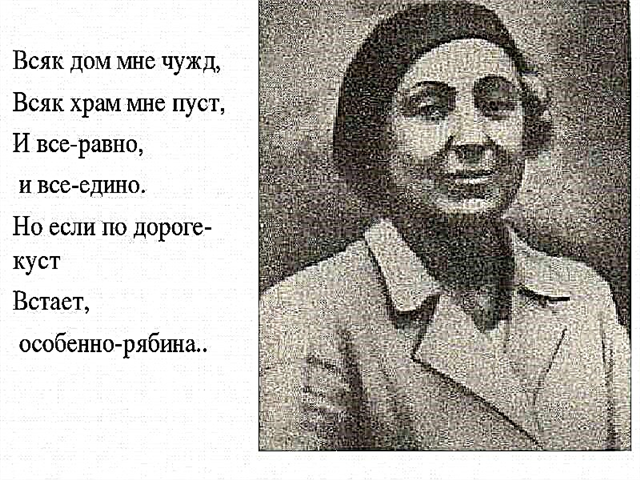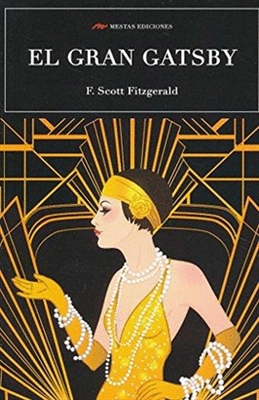Twentieth-century poetry is a highly controversial component of the art of that era. It is shrouded in acutely social, flashy topics, because writers of that time, as a rule, were driven into the corner of freedom of love and doomed, at best, to exile. Joseph Brodsky belonged to such poets, so the theme of loneliness was especially relevant for him.
History of creation
Brodsky wrote this work in 1959. At that time, the poet was only 19 years old. At this time, he met with Eugene Rein, Anatoly Naiman, Vladimir Uflyand, Bulat Okudzhava, Sergei Dovlatov. He is young, but he is already looking at the world through the philosophical categories of a very mature person. The fundamental impetus for the beginning of his formation as a poet was the acquaintance with the work of Boris Slutsky. Brodsky was fascinated by the depth of his works. At the age of 19, he repeatedly tried to get a job in a literary magazine to start giving his work to people, but, alas, the doors to the world of mass poetry were closed for him one after another. Then he first felt like an outcast.
He was forced to choose eternal loneliness for himself, because in 1972 he had to leave the USSR forever. He was removed from the country, like a diseased organ, which violated the integral profanity of the state leaders over the people, whose consciousness was exposed for impudent lies. The poem "Loneliness" is the key to describing the internal state of the poet. He was truly a man isolated from the outside world, who singled out inspiration from his loneliness, eating it like air. This was his spiritual food, his refuge from social and political chaos.
Genre, direction, size
The typical genre in which Brodsky wrote is a poetic drama. All his works are imbued with experiences and conditions that the poet himself lived. This and misunderstanding, detachment, existential crisis, internal onslaught and exile.
The direction is postmodernism. Brodsky’s work is particularly musical. The poet’s works clearly reflect the continuity of art. The author often turns to antiquity in his poems. Even the size of his works indicates this. The poet used two-foot peon to create his poems.
Images and Symbols
In his work, Brodsky uses many characters to form specific, more precise sensations. A comprehensive way in his poem is loneliness. It is global and all-consuming. Loneliness for a lyrical hero is a kind of fortress. It helps him focus on the universe, reflect on the eternal, opening his eyes to the perversity of everything.
Another important symbol is the staircase. Its steps are the levels of formation of the individual’s consciousness, stepping on which he stumbles, moving in wave-like impulses, making mistakes and making conclusions. The third key symbol is the railing. They are a shaky, unreliable support, whose conscience and consciousness are far from being unclean:
They will serve as a railing for you
(Although not very clean),
Holding in balance
Your limping truths
On this jagged ladder
Brodsky, in his perception, was a true realist with a bias towards pessimism. He perceived everything without illusions, accepting the environment as it is. The poet believed that it is better to "worship given", reconciled with the imperfection of the world.
Themes and Issues
- The main problem of this poem is conflict of the lyrical hero with the outside world. He sees reality as a complete wretched reality, with hopeless measures, filled with perversity and lame truths. And in this confrontation, he chooses humility, not struggle. He wants to see not good, not bad, but what is. All the same, memory will smooth corners and distort perception. His intonations are so ambiguous that it is difficult to understand whether he is ironic over this choice, or recognizes it as the only possible outcome.
- Also present here the problem of human morality and its degree of morality. In his solitude at night, he allows himself to doubt everything, to blaspheme, to deny all truths. However, these flights of thought are only an attempt to hide from the fact that he is still the same and on the same jagged ladder. Morality or immorality in essence do not change anything, especially when a person rushes between them in his mind, unable to decide in favor of any of this.
- In addition, we can distinguish memory problem. It distorts reality in favor of the psychological comfort of the individual, helpfully adjusting the facts to the mood of the owner. You should not expect a reliable picture of events, “givenness” from it. But such a mechanism helps a person stay afloat and not go crazy with despair, because the gap between reality and his ideal is monstrous.
In the work, several themes can be distinguished:
- Theme of loneliness. Only in this state can a person be honest with himself.
- Theme of Eternity. The staircase has no end and edge, it is like a spiral of development of civilizations: from decline to ascent and vice versa.
- Theme of cyclicity and timelessness of existence. Time is mercilessly compressed and distorted by memory; on the scale of the individual, it represents one single picture - life.
- The theme of the perversity of human nature. The truths of a person are always lame, that is, they are strained and not perfect, and being is just a jagged ladder, which is associated with a dark old staircase. This suggests that most people feel much more comfortable in squalor: both materially and spiritually. In addition, it is human nature to substitute what is with what he wants. Therefore, even his memories cannot be trusted.
- The theme of frustration and despair. The lyrical hero has lost faith in ideals, so mockingly calls to worship given.
Meaning
The meaning of the poem is that life is a steep, high staircase, climbing which is difficult, especially for a young, immature moral person, with unformed ideals, lame truths and synthetic primitive values. He is constrained and limited to reality. They need to be accepted, because over the years the squalor of reality will acquire a romantic flair, and people will submit to sweet self-deception in order to calmly sink into oblivion.
Only in old age does a person become truly happy, because there is a reappraisal of values, awareness and acceptance of reality in its typical manifestation. All memories take the form of what he wants to see, so as not to be disappointed in the path traveled. But, alas, time is fleeting, so opportunities seep through your fingers, and then nothing can be changed.
Means of artistic expression
Joseph Brodsky is a true genius of the era of musical, sonorous and metric poetry. His works are filled with various literary stylistic devices.
The poet uses such epithets as: "tired consciousness ","deep graves ","short roads ","miserable measure ","limping truths ","jagged Staircase ”in order to convey the feeling of disappointment and despair of the lyrical hero. Brodsky shows through this technique the eternity and transience of life. The author uses the metaphor “when he spits your night loneliness on humanity” in order to create the effect of complete detachment, which delights the lyrical hero, introducing him into a state of absolute peace.

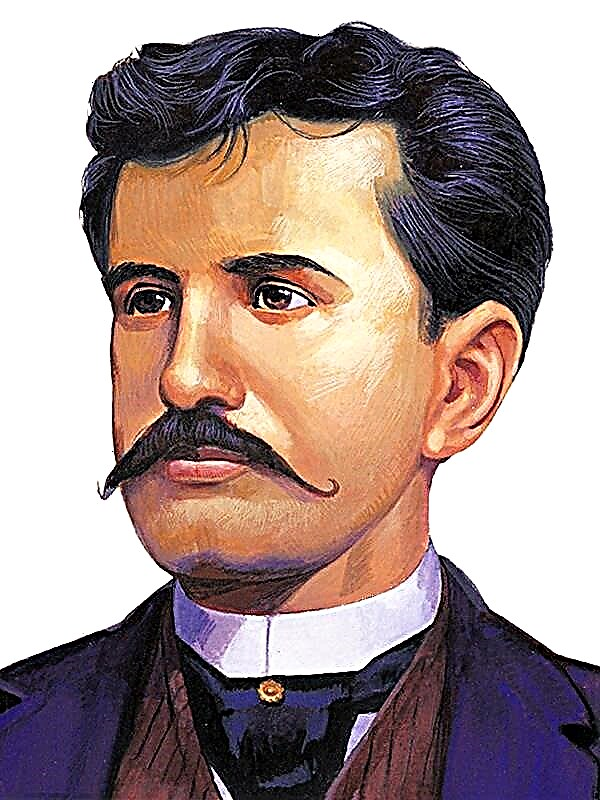
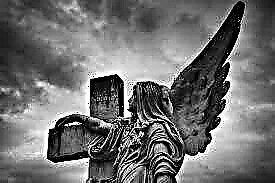
 Elder from the East Hall
Elder from the East Hall
